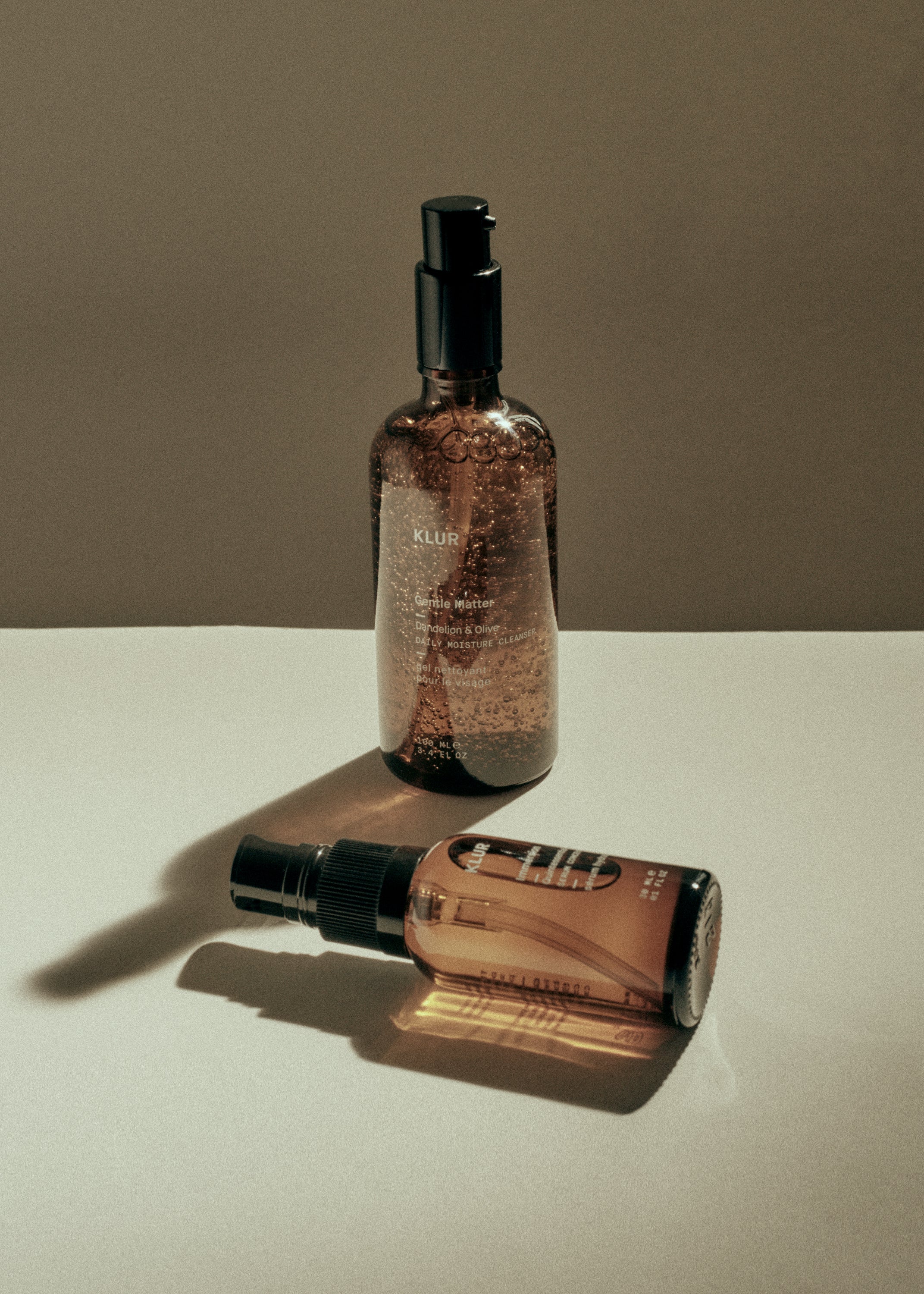We’re proud to bring you a special edition of Klur Journal in support of Mental Health Month. We’ll explore tools for acceptance, perspective and rebalancing that can help promote positive emotional states.
You may wonder what this has to do with skin care? Well, the health of your skin is often a physical reflection of your emotional wellbeing.
I invite you to pour tea, relax and enjoy the article.
Mental health challenges don’t discriminate. Folks from all walks of life struggle with mental health issues regardless of race, social class, or gender identity.
Mental health conditions encompass a broad spectrum of presentations. From clinical depression and bipolar disorder to high functioning anxiety, premenstrual dysphoric disorder (PMDD), and dysthymia (low-grade depression) and many shades in between.
We are all unique and wired differently. Science shows us that no two brains are the same. Neurodiversity is a viewpoint that brain differences are normal, rather than deficits. At KLUR, we believe true inclusivity means embracing and respecting all our differences - even the ones we can’t see.





